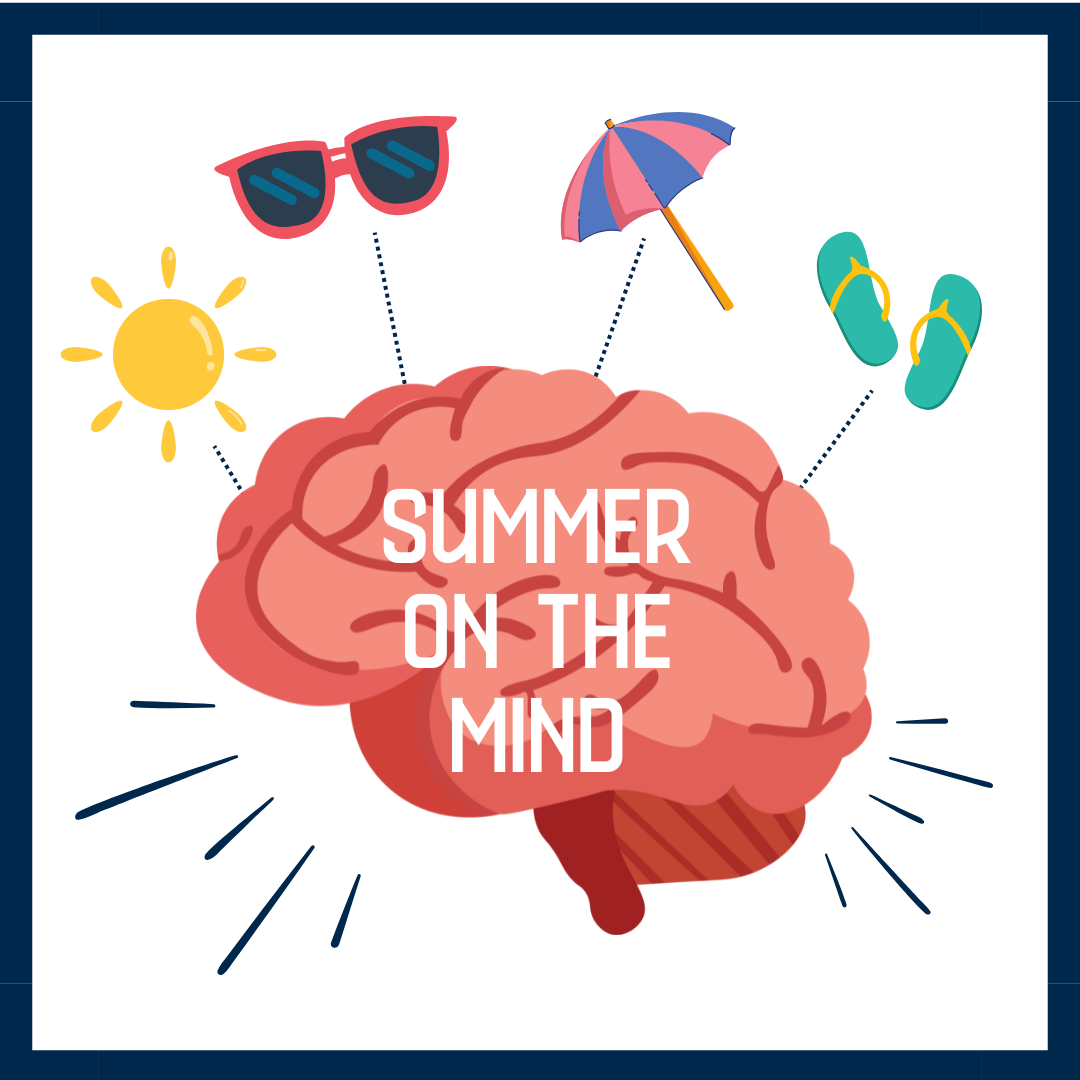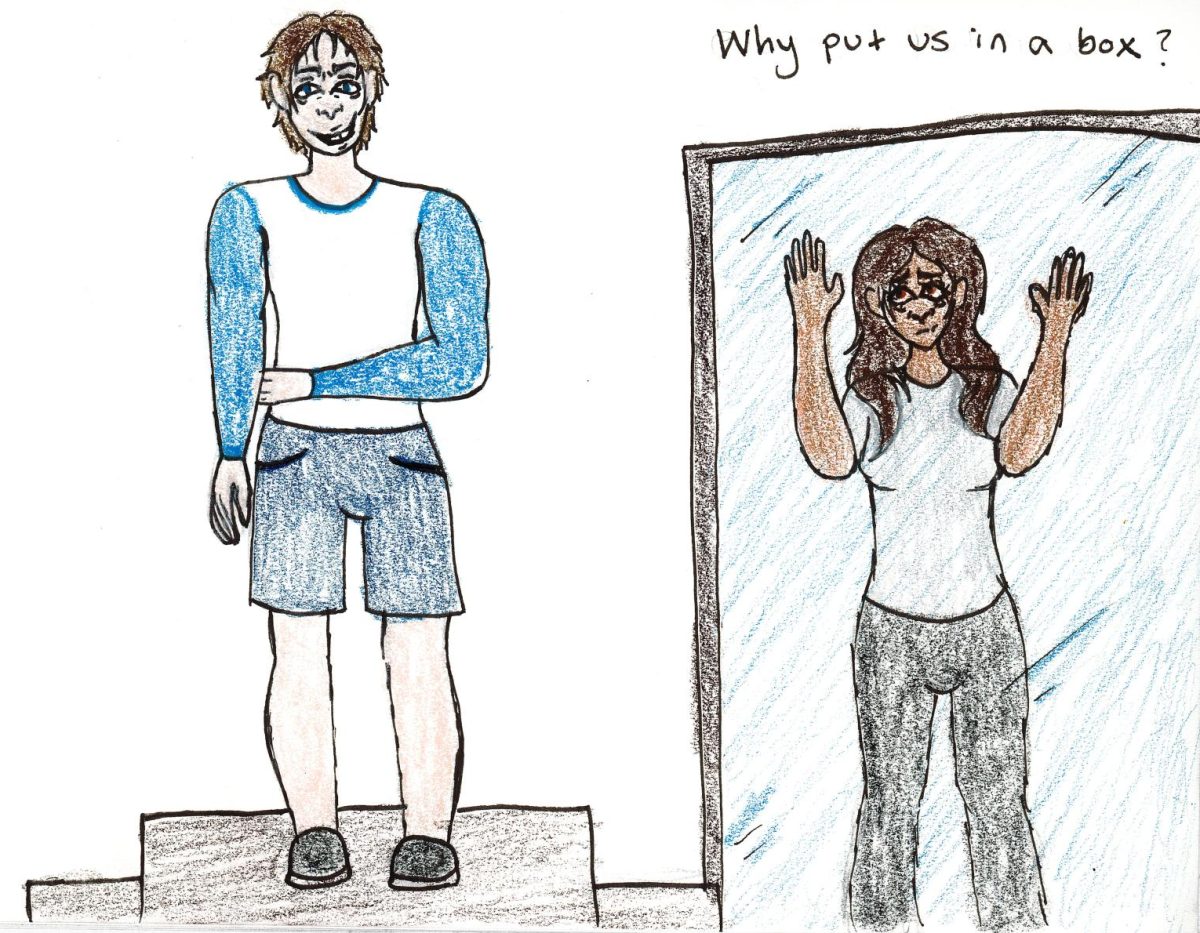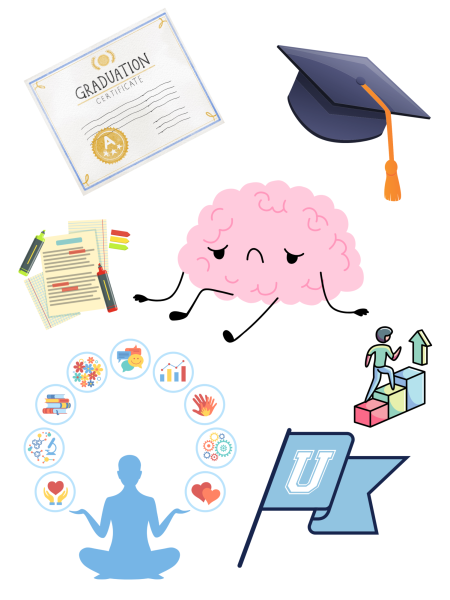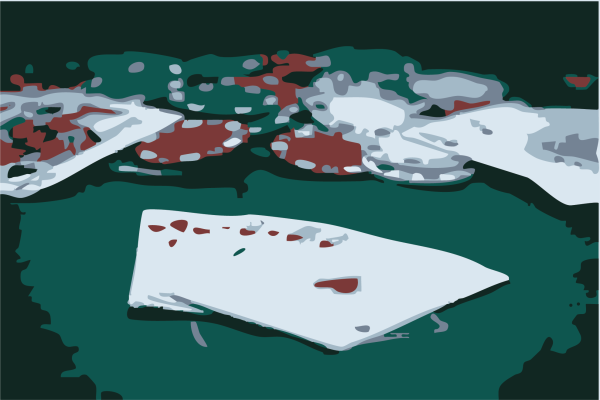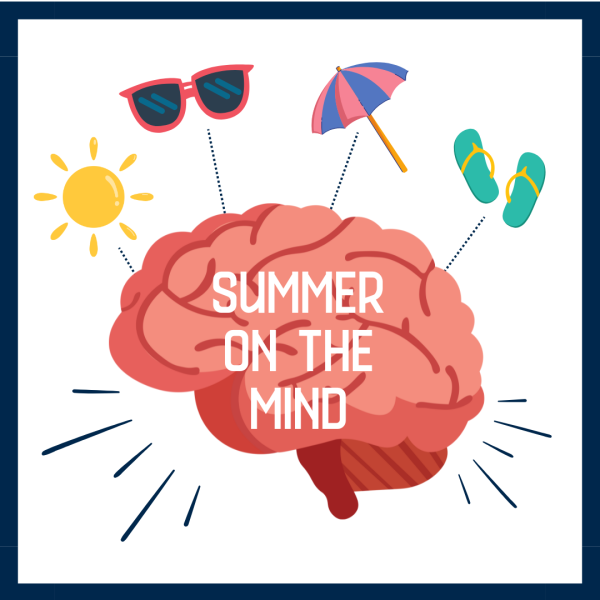The Caffeine Buzz
Exploring the Effects of Caffeine on Students’ Focus, Sleep and Overall Health.
A can of Celsius energy drink sits on a desk, a popular choice for a quick caffeine boost among students.
From coffee and tea to energy drinks and chocolate, caffeine can be found in many foods and drinks. The popular stimulant found in many plants is often consumed for its effects on alertness and focus and students like Aidan Petras ’23 said he only uses caffeine for certain tasks.
“I do not feel dependent on caffeine, nor do I regularly drink caffeinated drinks,” Petras said. “I use caffeinated drinks for an extra boost when I need it, such as a long study night or to focus on work.”
While many may reach for a cup whenever the study session draws near others like Jessica Jakaj ’21 say when they consume too much caffeine they have a difficult time sleeping which creates a cycle of needing more to wake up again.
“When I wake up in the morning, I need some coffee to wake me up before school,” Jakaj said. “I do not think that I am caffeine dependent. I can live without coffee, and I do not think it affects me that much. If I have caffeine early in the morning, it does not really affect my ability to sleep. But, if I have it in the afternoon or later, I can find myself a bit restless when I try to sleep.”
Jezelle Manni ‘ said it is easy to ignore the negatives when it comes to consumption of caffeine because it helps her to say alert and able to complete more tasks.
“I do not believe that any factors in my life make me feel the need for caffeine, and I do not think that I am dependent on caffeine,” Manni said. “I think that drinking caffeine gives me way too much energy on top of the energy I already have. At times, I think even caffeine can contribute to anxiousness.”
While caffeine is a psychoactive substance that alters the brain but can be harmless in small doses certified pediatric nurse practitioner Sarah Rauner warns that too much caffeine consumption can alter the prefrontal cortex of the brain.
“This area of the brain also controls focus, attention, impulse control, planning and anticipation. These things are quickly and falsely affected by caffeine initially,” Rauner said. “As it wears off, in comes slow responses and poor decision making due to fatigue.”
Rauner went on to add how caffeine is a central nervous system stimulant that can boost mood, increase metabolism, and improve concentration. Replacing sleep with caffeine in the long term can decrease sleep hygiene.
“In turn, anxiety, restless sleep, poor concentration and decreased productivity,” Rauner said. “In certain situations, like driving, operating machinery, and situations that require astute attention poor judgement can occur as caffeine wears off.”
Given the risks students like Sydney Nguyen ’21 said she feels caffeine is not a serious as some drugs.
“I feel caffeine dependency is similar to other addictive stimulants,” Nguyen said. “I do not often consume extensive amounts of caffeine, but I simply get sudden boosts of energy. Caffeine, depending on when consumed, does not often affect my sleep ability. I would not say I am caffeine dependent as I do not enjoy the taste of most things that contain caffeine.”
Your donation will support the student journalists of Stevenson High School - MI. Your contribution will allow us to purchase equipment and cover our annual website hosting costs.














